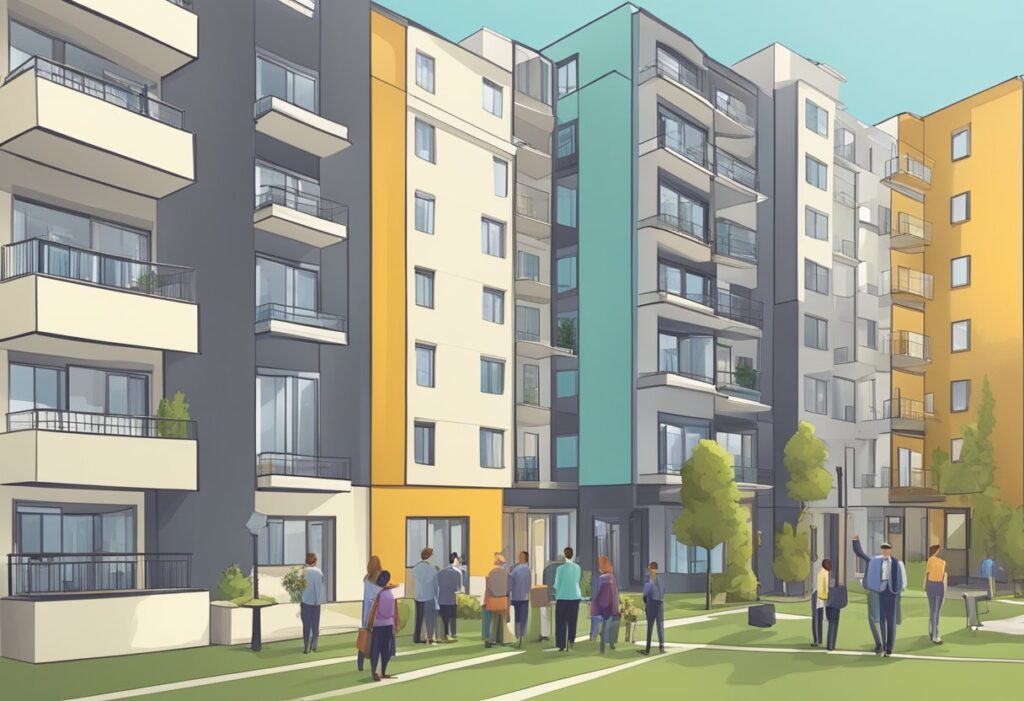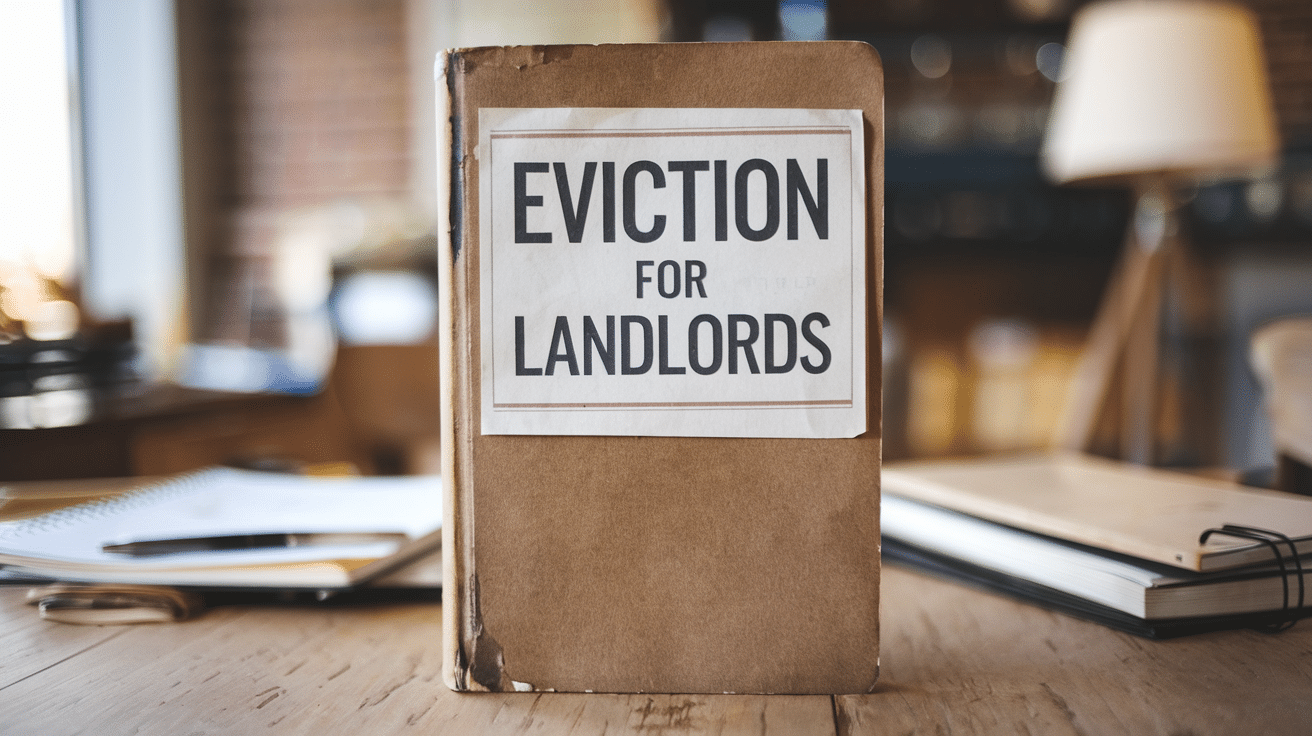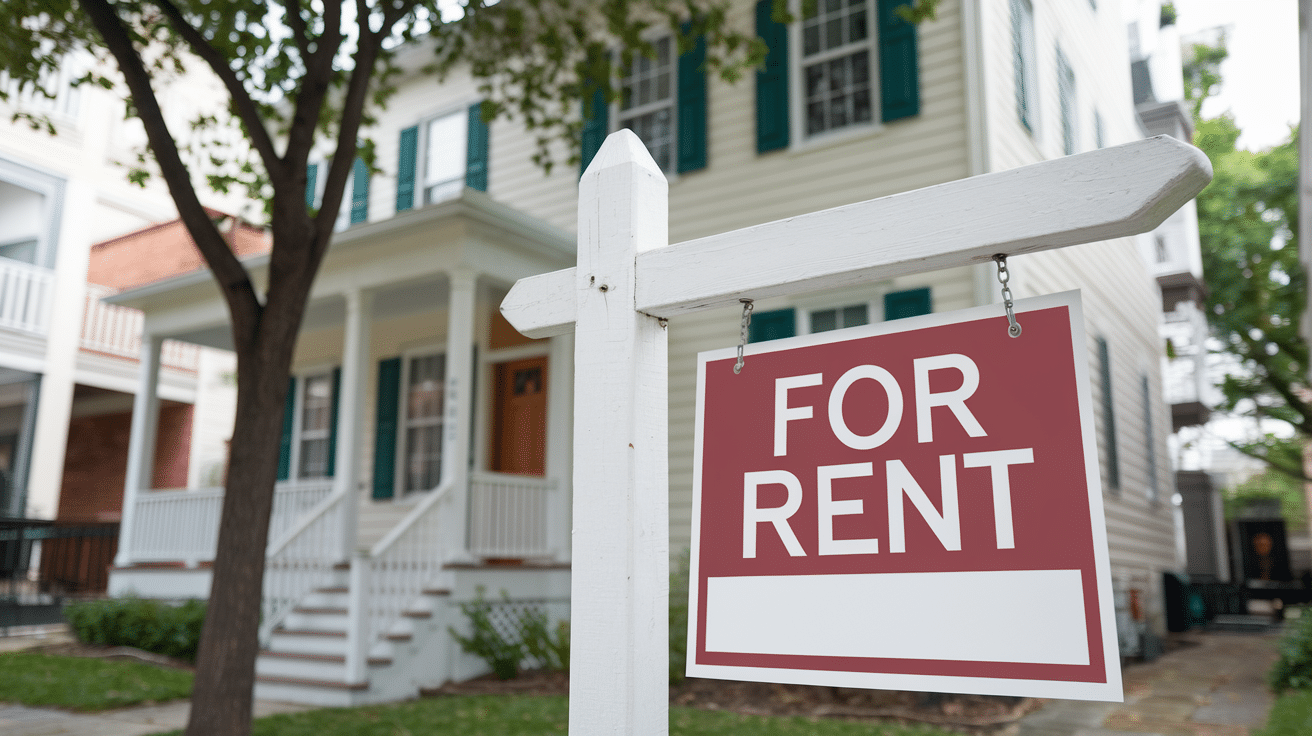Maximizing rental income is a top priority for Property Managers Edmonton and always advises a heavy focus on this area to all landlords. By employing strategic property management techniques, it is possible to enhance the financial performance of rental properties. Implementing effective property management strategies can significantly increase the return on real estate investments and tenant retention. This article will guide readers through practical approaches such as optimizing rental rates, improving lease terms, and attracting and retaining quality tenants.
In today’s competitive rental market, property managers need to be proactive in setting competitive rental rates. Researching comparable properties and understanding market trends are essential steps in this process. By doing so, managers can set rents that not only attract tenants but also maximize income.
Tenant acquisition and retention are equally important components. Attracting high-quality tenants and ensuring they remain satisfied can reduce turnover rates and associated costs. Offering excellent customer service, maintaining the property, and responding promptly to tenant needs can create a positive rental experience, making tenants more likely to renew their leases.
Key Takeaways
- Set competitive rental prices by researching the market.
- Attract and retain quality tenants to reduce turnover.
- Use effective property management strategies to boost income.
Optimizing Rental Rates and Lease Terms

Successfully managing rental income involves setting the right rental rates and structuring favourable lease terms. This process demands careful attention to market conditions, tenant expectations, and strategic pricing.
Conducting Market Analysis
Understanding the local rental market is essential. Property managers should regularly perform market research to analyse supply and demand trends. Look at comparable properties in the area, considering factors like location, amenities, and the quality of the property.
Use online tools and resources to gather data. Platforms like Zillow and Rentometer can provide insights into current rental rates. Monitoring local housing reports and trends helps in predicting market shifts. Keeping an eye on these elements ensures that your property’s rental rates are competitive and attractive to potential tenants.
Determining Competitive Pricing
Setting a competitive price involves balancing between maximizing income and attracting tenants. First, research the rates of similar properties in the same neighbourhood. Consider the condition of the property and any unique features it might have.
Implementing dynamic pricing strategies can be beneficial. Adjust rental prices based on peak demand periods to maximize income. For example, higher prices may be justified during high turnover seasons or in high-demand locations. Tools like Rentastic can assist in monitoring income and expenses, aiding in more informed pricing decisions.
Structuring Lease Agreements
A well-structured lease agreement covers all terms clearly and protects both the landlord and tenant. Essential components include the length of the lease, rent payment schedules, and maintenance responsibilities. Be specific about late payment penalties and the procedures for rent collection.
Offering flexible lease terms can help attract a broader range of tenants. For example, shorter lease terms might appeal to individuals who are new to the area or have uncertain job situations. Providing options for lease renewals or rent discounts for longer commitments can also be enticing.
Evaluating Rent Increases
Regularly reviewing and adjusting rent is necessary to keep up with market trends. Evaluate rent increases based on the inflation rate, property improvements, and current market demand. Clear communication with tenants about potential increases is vital to maintain a good landlord-tenant relationship.
Ensure that any rent increase complies with local and federal regulations. Provide adequate notice before implementing any changes. Offering value-added services or improvements in exchange for a rent increase can also help maintain tenant satisfaction and mitigate turnover.
The section above should offer detailed and practical steps to property managers looking to optimize their rental rates and lease terms, ensuring a balanced approach to maximizing rental income while maintaining tenant satisfaction.
Improving Tenant Acquisition and Retention

Property managers can enhance rental income by focusing on both acquiring new tenants and retaining existing ones. Key areas include marketing and tenant screening, ensuring quality tenants, providing value-added services, and maintaining tenant satisfaction.
Marketing and Tenant Screening
Effective marketing strategies are essential. Utilizing online listings and social media can expand reach. Highlighting property features and amenities in ads can attract quality tenants. Screening involves thorough background checks and credit histories. Using a standard application process ensures fairness and helps select reliable tenants.
Ensuring Quality Tenants
Finding quality tenants reduces turnover. Conduct in-person interviews and check references from past landlords. This due diligence enhances tenant retention. Offering longer lease terms can appeal to stable renters, reducing vacancies. Ensure lease agreements are clear, covering tenant responsibilities and property rules.
Providing Value-Added Services
Adding services can improve tenant satisfaction. Offering amenities like free Wi-Fi, on-site laundry, or gym access can entice tenants to stay longer. Providing maintenance services and quick repairs shows tenants their comfort is prioritized. Implementing customer service initiatives, like a tenant portal for requests, enhances the living experience.
Maintaining Tenant Satisfaction
Satisfied tenants are more likely to renew leases. Regularly solicit tenant feedback to understand their needs. Timely communication and addressing concerns quickly can strengthen tenant relationships. Offering incentives such as lease renewal discounts or referral bonuses can encourage tenants to stay. Ensuring properties are well-maintained and upgrading features periodically also boosts tenant satisfaction.






